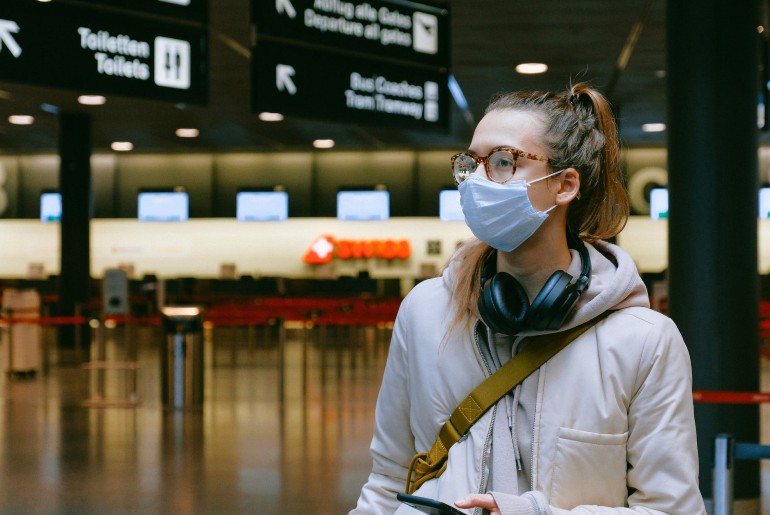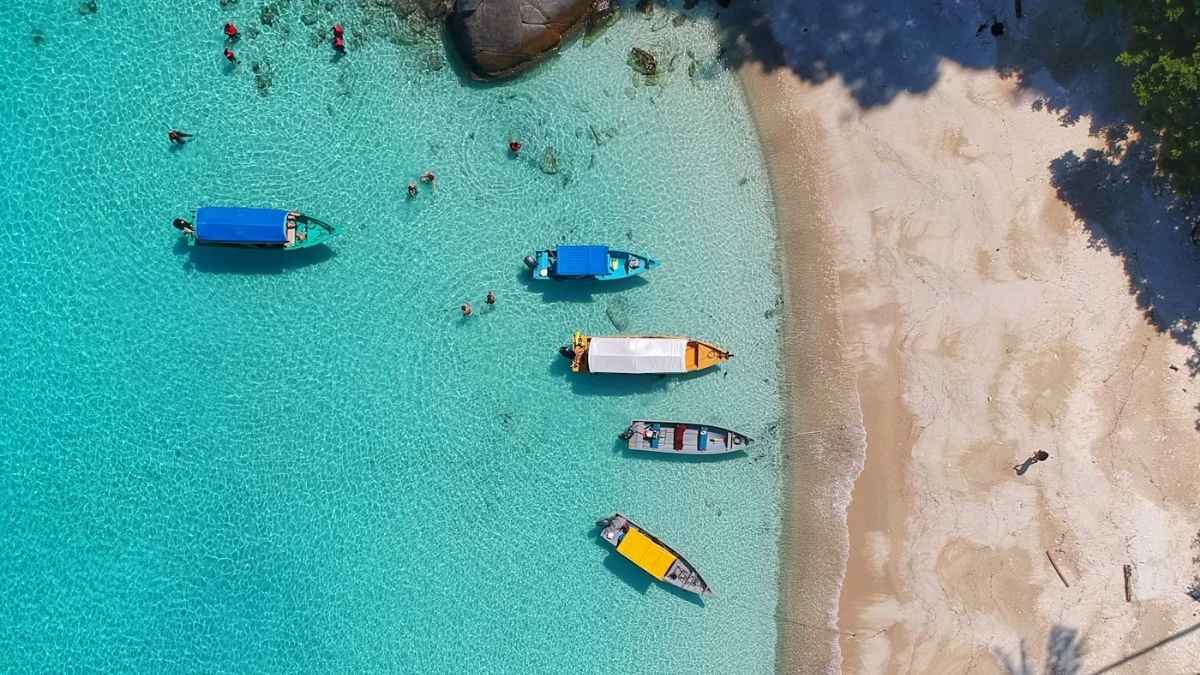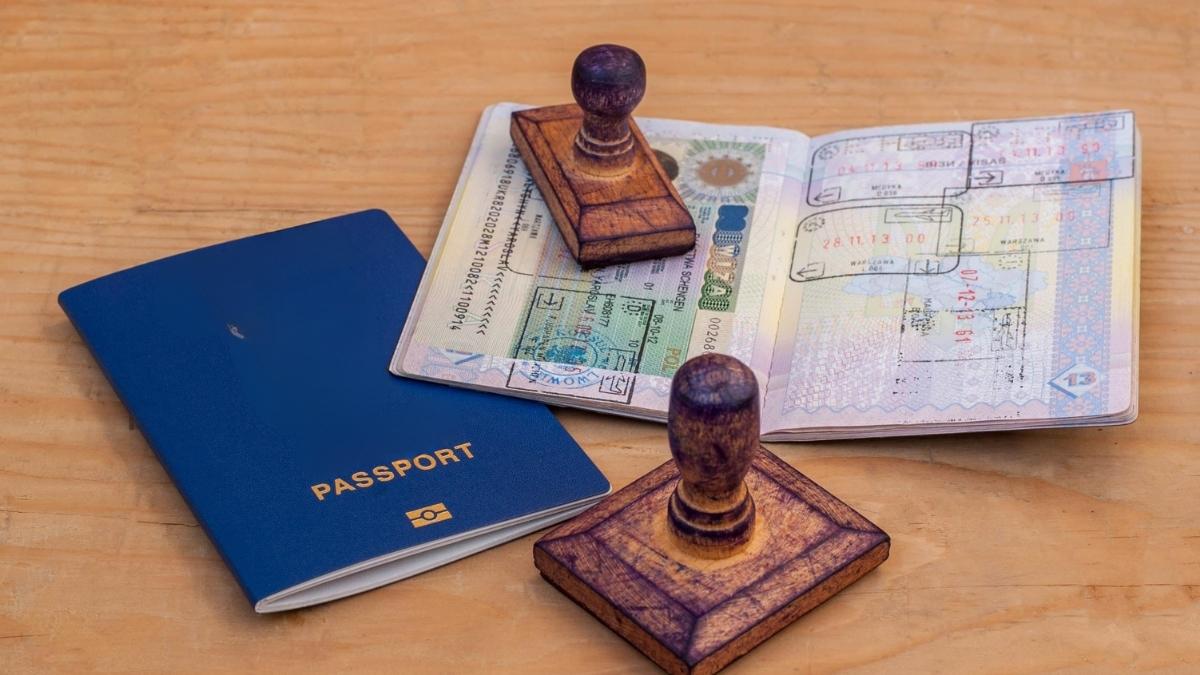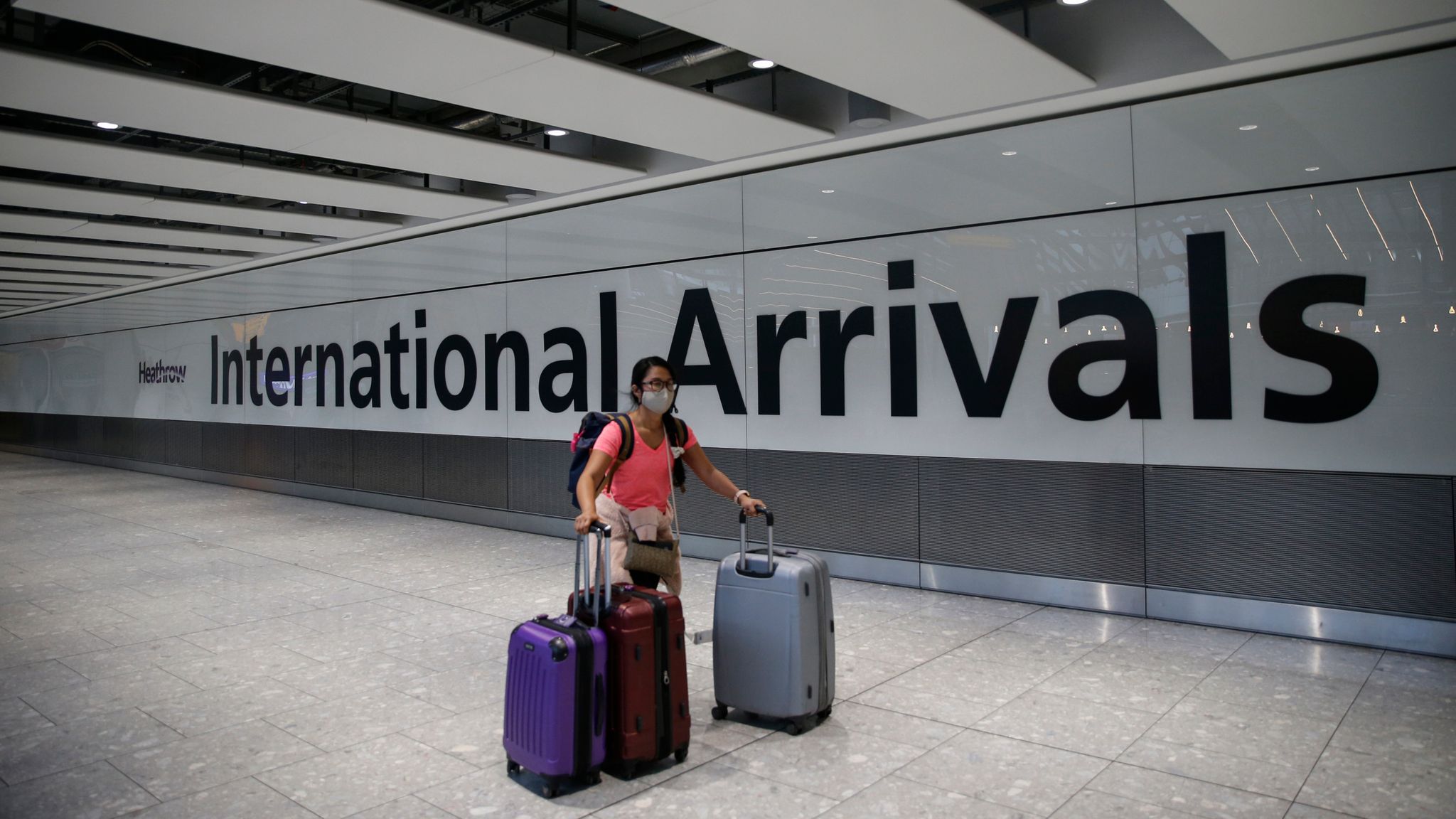With the pandemic in place, facemmask has become a mandatory accessory over the last one year. The UAE has been extremely rigid with regard to Covid rules. However, with the cases decreased by 60% since August 2021, authorities in the UAE have now made a huge change in the facemask rule. Read on to find out.
Facemask No Longer Mandatory In Certain Places In The UAE
The National Emergency Crisis and Disaster Management Authority (NCEMA) announced on Wednesday, September 22 that wearing a facemask was not rewired in certain public places. UAE Residents no longer need to wear a facemask while exercising in public places. In addition, you don’t need to wear a facemask while travelling in private cars, provided all people from the same house are travelling. Additionally beach-goers and those at swimming pools don’t need it either.
Well, the news comes after over 92% t residents having received at least one dose.
All The Facemask Rules You Must Know In Case You’re Travelling Out Of UAE
While facemask rule has been relaxed in the UAE, the rule is mandatory for those travelling. Airlines have also laid out very specific facemask rules for all passengers. In case you’re travelling anytime soon, here’s what you need to know about wearing a facemask. From mandatory rules to getting exemptions and documents that need to be filled in to file an exemption, here’s everything you must know about wearing a facemask while travelling from or to the UAE.
Also read: UAE-ites To Pay Fines Up To AED 50,000 If They Fail To Declare Any Covid-19 Positive Tests
Emirates
As per Emirates’ website, all travellers must wear a cloth or medical mask throughout Dubai International airport. The mask must be worn at all times, including boarding, throughout your flight, and even as you leave the aircraft. Children under 6 years and customers who have certain medical conditions do not have to wear a mask. Due to local government regulations, only medical face masks are accepted on flights from Dubai to Germany, France, and Austria.
If for medical reasons you’re unable to wear a mask throughout your entire journey, you need to complete a Medical Information Form (MEDIF) before your flight. This applies to:
Customers with the following cognitive, intellectual or sensory conditions:
- Parkinson’s disease
- Alzheimer’s disease
- Dementia
- Hydrocephalus
- Down syndrome
- Developmental delay
- Autism spectrum condition
Customers who require supplemental oxygen or have the following respiratory conditions:
- Chronic obstructive pulmonary disease (COPD)
- Heart failure
- Cystic fibrosis
- Asthma
Also read: Covid-19 Vaccine In UAE: Here’s A Detailed List Of All The Vaccination Centres In Each Emirate
Fly Dubai
All Fly Dubai passengers must wear a face mask throughout their entire journey: at the airport, during boarding, throughout your flight and as you leave the aircraft. Just like Emirates, FlyDubai also exempts children under 6 years old and passengers who have certain medical conditions from wearing a mask.
If for medical reasons you’re unable to wear a face mask throughout your entire journey, you need to send an email to specialassistance@flydubai.com at least 72 hours before the departure of your flydubai flight. In addition, passengers must attach a medical report signed and stamped by a qualified physician which states that you are unable to wear a face mask. The report must also include your booking reference, contact details and any other relevant information. Travellers must then present the original medical report when they check in.
Medical reasons for being exempt from wearing a face mask include the following cognitive, intellectual and sensory conditions.
Also read: Dubai Travellers Will Soon Be Able To Share PCR Test Results & Vaccine Certificates Digitally
Etihad
It is mandatory for all guests flying Etihad to wear a face mask at all times, including at the airport and on board. Travellers who have a disability that prevents them from wearing a face mask must carry a medical certificate issued by a licensed medical doctor for the duration of their journey.
The certificate must confirm that they are exempt from wearing a face mask for the entire duration of their journey (departure, return and stopover flights), and include their full name, date of birth and passport number. Guests can download a mask exemption certificate or their doctor can provide a certificate signed or stamped on clinic letterheaded paper. The certificate must be issued in English or Arabic within 21 days of the first flight. Other languages may be accepted upon verification from an Etihad Airways representative.
Guests who are unable to wear a mask must wear a face shield on board, at any time spent out of their assigned seat and during cabin crew service.
Mask Rules In UAE
Wearing facemasks in the UAE is mandatory for all in public places, public transportation or commercial centers, when walking outside in high-density public areas and in private transportation. However, certain people under certain situations would be exempted from wearing a mask even in public areas.
Children aged three and above must wear face masks in public as a precautionary measure against Covid-19, a senior UAE health official has said. Those aged under three should wear face shields, Dr Farida Al Hosani, official spokesperson of the UAE Health Sector said at an online discussion hosted by the Ministry of Justice, in co-operation with the Abu Dhabi Public Health Centre (ADPHC).
Who Is Exempted From Wearing A Face Mask?
The individuals have been exempted from wearing a face mask in public are:
- People of determination – those with cognitive, intellectual or sensory disorders or any impairments that prevent their ability to breathe or communicate, normally
- Those for whom masks can lead to sensory triggering (a medical report is needed to confirm the condition)
- The individuals who require supplemental oxygen or have severe respiratory issues or have difficulty breathing with a mask (medical report is needed to confirm the condition).
Conditions Under Which Masks Can Be Removed
Masks can be removed under the following situations:
- When driving alone, or with your family members
- While eating or drinking in indoor and outdoor settings, that is at restaurants
- When engaging in strenuous indoor and outdoor physical exercise
- While undergoing specific treatments such as dental work, eyes, nose and throat examinations, and other treatments related to hair and beauty.





